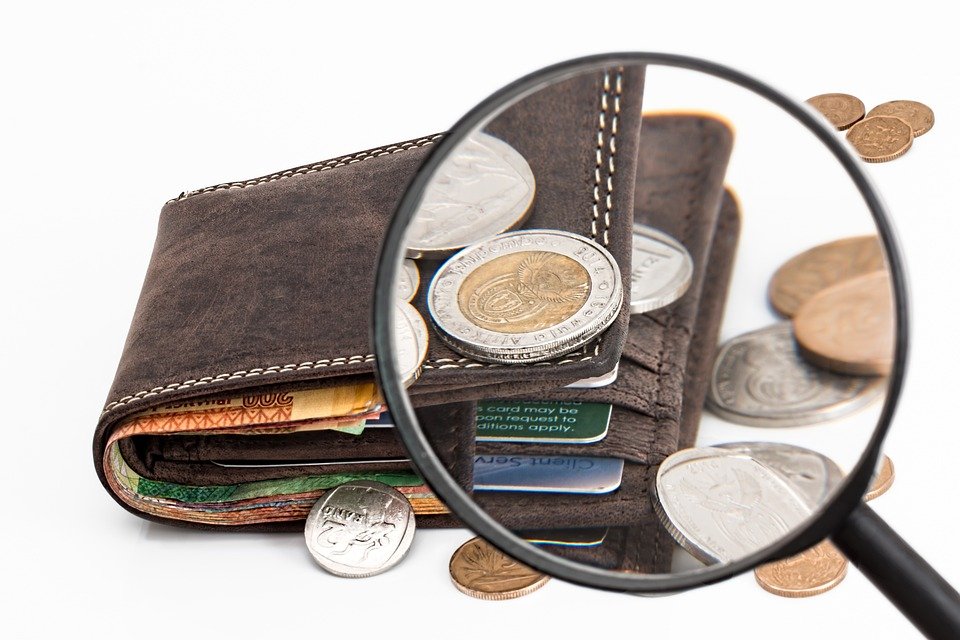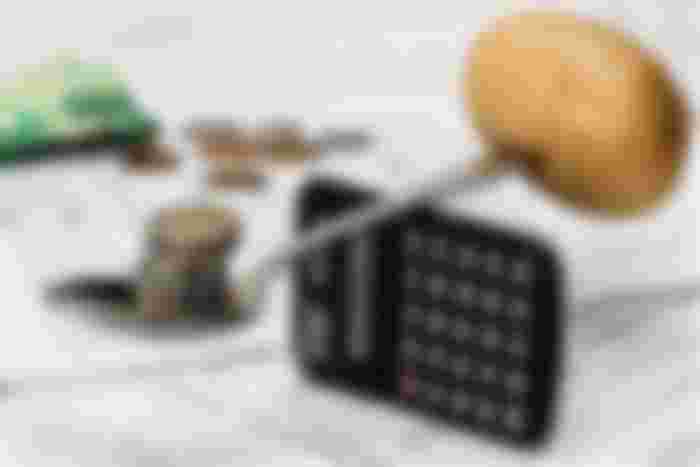I Don't Do Budgets

Let's face it. Budgeting, in the traditional sense, can be very hard to do. And more than that, it can be a very difficult thing to stick to. Many people try to budget only to find themselves frustrated at some point with it and give up.
I am very good with money and keep tight reigns on it. Everything is done purposefully and with considered intent. But I don't budget. At least, not the way most people say how to do it.
Most of the time it's an annual thing. You sit down and write down all of the things you will need to spend on—mortgage or rent, utilities, groceries and household items, car payments or maintenance considerations and so on and so forth.
It's right down to budgeting for clothes.
When it comes to the fixed things, it's fine. Because those amounts rarely change. Each month the rent or mortgage is essentially the same. So are most insurance premiums.
Other things ebb and flow. They fluctuate. Like groceries. Like gas for the car. Like utility bills.
If you try to budget for these things on an annual basis, it is likely you are going to miscalculate and fall short. And that's where the whole thing starts to fall apart and then you have to resort to going back to the budget constantly to draw lines through one thing or another and make changes, moving money from this thing to that thing in order to make sure it all balances out the way you want it to.
This is where you begin to become frustrated. "This isn't working," you say. "Why am I even bothering with this?"
Rather than try to figure out what you think you will spend on an annual basis, I think it is important to focus on a monthly basis instead. It helps you to make better adjustments and it also helps you to be more in tune with reality.
Many people will try to budget spending in divided categories. This much for gas, this much for food, this much for dining out and entertainment, this much for clothes.
Instead of doing that, I think it is better to make spending a one-line item that covers everything you will spend on.
The thing is life happens. You don't know when you will have an unexpected expense for certain things. Maybe a friend calls you up and says, "Hey, you want to join me for dinner tonight?" Or perhaps there is a surprise potluck at work, and you don't have certain ingredients for a dish to bring. Maybe you and your significant other decide it's a great night for a movie at the theater.
You can draw from a single set of funds instead of a particular set of funds. One does still take away from the other ultimately. But it matters less when there is one fund to draw from for all the things you might spend on.
And when it comes to clothes, this one is a silly one to budget at all. You don't know when a shirt will wear out or when you may need to buy some new socks. And maybe you won't need these things at all. You might actually spend money in certain categories unnecessarily simply because you have money allotted in the budget for them.
Don't do that.
The best way to go about budgeting is to sit down before the start of the next coming month and write down all of the things you will have to spend on. Write down all of your fixed bills first.
Now you know what's left for the ones that will vary. Write down the ones that vary.
Now consider any one-time expenses. Perhaps this is the month that you have to pay to renew your license plates. Write that down so you know that it will be covered.

Now you have an even better idea what's left for everything else. That's most likely going to be your spending. The one part of your monthly budget that will cover all the things you might need to spend on like food, dining out, a night at the movies, clothes, gas for the car or whatever else might come up.
Little Jenny's birthday party suddenly you've been called to attend at the last minute, for example.
In order for a monthly budget process to work you need to do a few other things to bring yourself in line with what you have and what you need. What you actually have and what you actually need.
Each time you get a paycheck, write down the amount. And each time you spend from the spending budget, keep those receipts and keep a tally on what you are actually spending, and what you are actually spending on.
The receipts are a snapshot as well as a valuable tool.
It lets you see exactly what you are spending on and where the money is going. This way you can decide better how much to actually allot for spending, and it may also give you an idea of where wasteful spending is occurring so that you are better able to make adjustments.
Here is where a budget like this gets a little bit tricky to get started and keep with it.
You have to have the entire month's money immediately available. This is important. Because it does not matter when you get paid working with a budget like this. It matters that you have the money at the exact time you need it.
That means, in order to start this budget process, you need to already have one month's worth of money available. Hopefully you have enough in savings to get started. If not, you may need to spend a little time getting enough together to get started.
But once you are on your way to budgeting this way, when you get your paychecks or other forms of income, you simply write down what you got and put it in the bank. Out of sight and out of mind. Those paychecks are not for this month. They are for next month.
So that you once again have all of the money you will need for the next month readily available and ready to go.
Now, in all of this, I want to touch on one other thing here. The pay yourself first idea.
At first, and maybe for a little while, you won't be able to do this. That's because you weren't doing it before, and you probably don't have a clear enough understanding of your income and expenses to realize how much is actually available to save.
That will change over time the longer you do this. Because you can see your income clearly, and you can also see your expenses clearly. Especially the ones from that spending part of the budget you have kept your receipts for.
Eventually you will have a close enough relationship with your money to make more sound decisions about where it goes and what to do with it. You will have a clearer understanding of what you need and what you want and will be able to make more accurate adjustments to both.
On the flip side, if after you've done your budget for the month and you are satisfied everything is covered, if there is something left, don't just look for a place to let go of it.
Put it in the bank and leave it there. This will start the process of building an emergency fund or money for investments that will grow and make life even better for you.
Having all of the money right there and readily available will also allow you to rely less on using credit cards or payday loans to make up the difference. And that interest you save is money earned.
Lead image courtesy of Pixabay, user stevepb. Wallet Coins Magnifying Glass - Free photo on Pixabay
2nd image courtesy of Pixabay, user stevepb. Coins Calculator Budget Household - Free photo on Pixabay
Sponsors block currently inoperable. Hopefully admin will correct this issue soon to show my much appreciated sponsors.
Do you like how I write or what I have to say? Catch up with me on all the places I write in one spot on my Facebook page at https://www.facebook.com/jimbauerwrites

I have a hard time when it comes to budgeting, it seems that some things that we need lately was not fully provided , especially when we're already out of money.
We need to be resourceful everytime, so that we can make it.